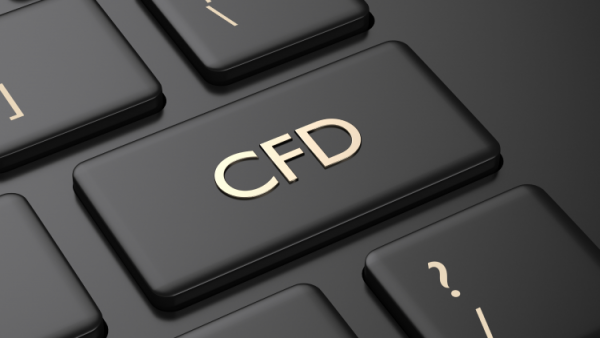CFDs allow traders take position on whether the value of a financial market – for example, a share, commodity, currency pair, or stock index – will rise or fall in short, medium or long term.
- The term CFD stands for ‘contract for difference’.
- CFDs allow traders take position on whether the value of a financial market – for example, a share, commodity, currency pair, or stock index – will rise or fall in short, medium or long term.
- If a trader believes that the price of a market is going to rise, they will usually buy or ‘go long’ and profit from every increase in price.
- If a trader believes that the price of an asset is going to fall, thay will usually sell or ‘go short’ and profit from every fall in price. If prices move against them, however, they will suffer a loss.
- With CFDs, traders don’t own the underlying asset – they are simply speculating on the movement of its price. Therefore there’s no physical dealing costs, such as the UK Stamp Duty.
- CFDs are a leveraged product, meaning traders are only required to deposit a small initial deposit in order to gain a much larger market exposure.
CFD trading example
Let’s say you believe the UK 100 index (underlying FTSE 100) is going to rise in price thanks to some positive UK corporate earnings, and you want to place a trade to take advantage of any move higher in prices. You log in to our award-winning xStation trading platform and see the latest UK 100 price is 6650.
The trade: You decide to go long and buy 1 lot of the UK 100 at 6650. At a trade size of 1 lot, every pip the UK 100 rises above 6650 nets you a profit of £10.
The result: Sure enough, your view is proved correct and soon the UK 100 has rallied to trade at a new price of 6700, a rise of 50 pips and you decide to close the trade. This nets you a profit of £500 (50 pips x £10). Of course, if prices were to fall to 6600, this would have net you a loss of £500.
What markets can you trade CFDs on?
We offer contracts for difference on over 1500 global markets and multiple asset classes, all with the ability to utilise leverage and take advantage of falling prices as well as rising prices:
- See our Forex markets
- See our Indices markets
- See our Stock CFD markets
- See our Commodities markets
- See our ETF CFD markets
Leverage
The important thing to remember about leverage is that while it can magnify your profits, your losses are also magnified in the same way. So, if prices move against you, your losses could exceed your initial deposit – so it’s important to understand how to manage your risk.

